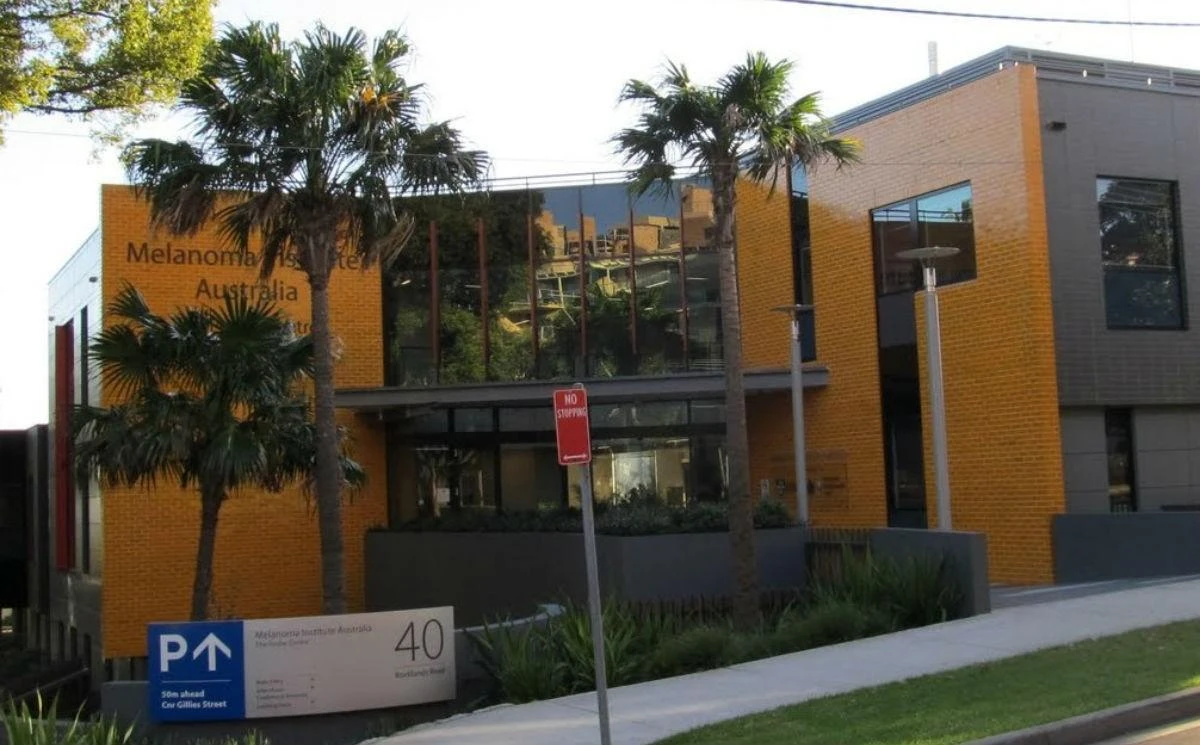Melanoma Institute Australia and BlackBerry are collaborating as part of a security software trial to enable approved sharing of clinical data, reduce data leakage risk, improve patient outcomes, meet regulatory requirements and accelerate research efforts.
One person dies from melanoma every five hours in Australia, and the MIA – the world’s leading melanoma research and treatment centre – conducts clinical trials to improve prevention, diagnosis and treatment of the condition known as Australia’s national cancer.
According to Melanoma Institute Australia CIO Ernie White, his organisation’s research and outcomes are critical for people in Australia and worldwide.
“We maintain and aim to grow an even wider melanoma research community to share new developments that are progressing rapidly. A secure, collaborative workspace provides our researchers with the necessary tools to continue improving the health outlook of the 14,000 Australians diagnosed with melanoma every year,”
The trial will introduce BlackBerry Workspaces as a secure file storage and collaboration platform for Melanoma Institute clinicians, researchers and external contributors such as doctors from different hospitals.
According to BlackBerry, clinicians need to access and share confidential patient information with their organisations and research partners. To do that, they must have a secure environment and the ability to secure, track and trace all data outside a firewall.
This assists timely data sharing while reducing the risk of data leakage and meeting governance and regulatory requirements including the newly-effective mandatory breach notification laws.
This is what underpins the trial with the Melanoma Institute. Approved contributors will be able to use BlackBerry Workspaces to save and share medical history data and clinical trials so they can assess trial effectiveness.
BlackBerry’s global healthcare industry lead Sara Jost says that collaboration is an essential part of clinical research, but that collaboration is not necessarily secure.
Jost explains,
“Traditional ways of sharing information, such as email, are no longer a secure and efficient option in our connected world. As a leading cybersecurity company in the business of securing data and communications, BlackBerry is proud to support the vital work of Melanoma Institute Australia and its plans to expand its research network,”
The benefits of research into the disease are without doubt. Five years ago, a patient diagnosed with advanced or Stage IV melanoma had a 25 per cent chance of surviving 12 months, yet now the first-year survival rate is 75 per cent. Currently about 14,000 Australians are diagnosed with melanoma every year.
Melanoma Institute Australia CEO Carole Renouf said,
“The ability for Melanoma Institute Australia to advance collaboration and expand our secure network is important for further advancement in potentially life-changing research.”
“As little as five years ago, someone diagnosed with advanced or Stage IV melanoma had only a 25% chance for surviving 12 months. Today, through research, the first year survival rate has improved to 75%. This is giving melanoma sufferers real reason for hope.”
This partnership also showcases BlackBerry’s increasing focus on healthcare.
“As a company, BlackBerry is dedicated to securing and mobilising the Enterprise of Things. What we mean by that is the millions of connected endpoints or devices, including computers, machines, sensors and any single thing that shares data,” Jost said.
“Our aim is to help organisations, medical professionals, researchers, scientists and patients to move into the next phase of digital healthcare, while faced with an increasingly complex regulatory and cyber threat landscape – just look at what happened to the NHS as a result of the Wannacry ransomware attack in 2017.”
Turning its attention to healthcare’s global digital transformation, it is positioned to secure providers against increasing levels of risk.
“Healthcare is a priority for BlackBerry because there needs to be a shift in the way healthcare institutions and medical staff deal with patients and data in the digital age. We at BlackBerry have a unique perspective in the view of how vulnerable healthcare is today in this digital transformation and we wish to play a big part in insuring that these threats do not come to fruition.
“The growing number of patient data and the opening of medical records means hackers and ill-intentioned cyber criminals have a lot to gain from hacking medical data. Cyber-attacks are becoming increasingly sophisticated and harder to detect.
“The rising number of mobile devices and health wearables mean the surface of potential attacks is growing exponentially. Only comprehensive ‘Unified-Endpoint-Management’ or UEM strategies, with data encryption, can truly guarantee the security of health data, and help organisations comply with regulatory requirements.”



